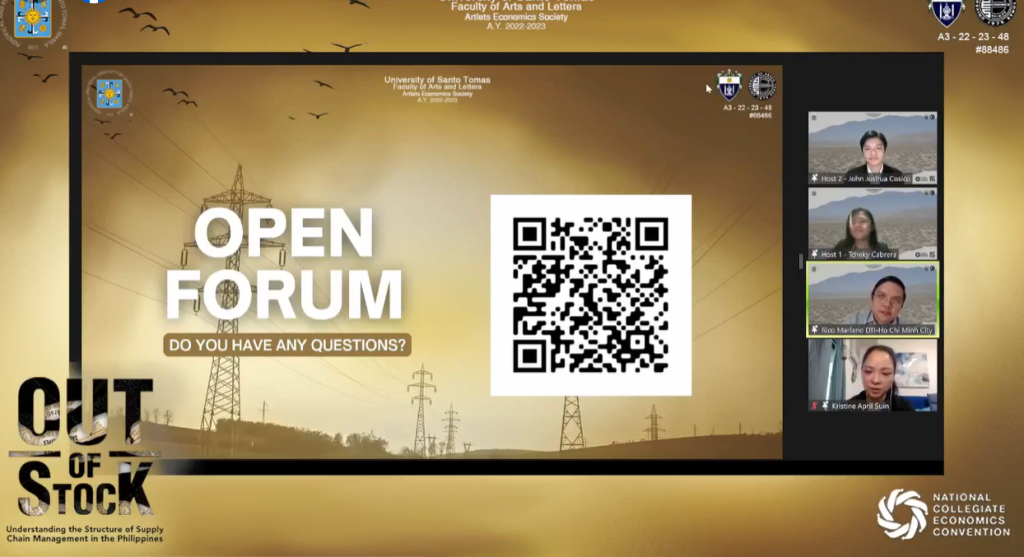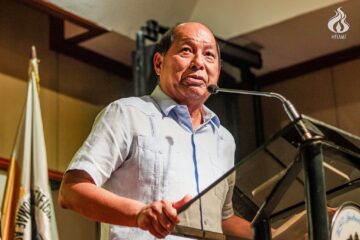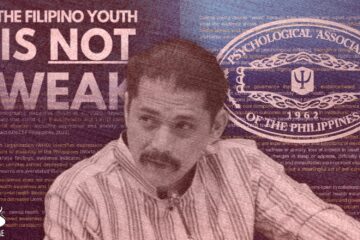
ECONOMISTS AND government officials called for measures that would ease food supply woes and assist vulnerable sectors as the Philippines grapples with the impact of a global economic crisis.
Trade department trade service officer Enrico Mariano said the government needs to revive agricultural extension by providing farmers with sustained training and technological support to address food supply issues.
“So what does this mean? Food production and processing demand a lot of technology; of training; of knowledge; experience accumulation; data; market linkage; and organization and cooperation,” Mariano said during a recent economic forum organized by the National Collegiate Economics Convention and hosted by the UST Department of Economics and the Artlet Economic Society.
Mariano pointed out that the agricultural extension is in a state of devolution at the municipal level, which means that the national government has little control over how its programs are implemented in the field.
Agriculture undersecretary for planning and policy Rodolfo Vicerra discouraged the giving of support that would make farmers “dependent” such as planting equipment. He cited the need to fix the system of handling the overall commodity development plan and called for better coordination with local government units.
“Of course, when it comes to the government, the overall commodity development plan should be fixed by the DA (Department of Agriculture) first. So, the work must be internal at first, they—we must fix the system first. But at the same time, we need better coordination from below,” said Vicerra.
‘Invest more in science’
Mariano also urged the government to invest more in science and technology, and skills development to enhance global competitiveness.
“We really need to invest more on science [and skills], so that we will be very productive and delight global value chain players,” he said.
Mariano also highlighted the importance of modernizing all ports in the country by equipping them with cranes to prevent import delays, which have a domino effect on the supply chain.
The government should also consider opening more businesses and building more ports in Mindanao as it is less visited by typhoons and is rarely plagued by power outages that can hamper logistics, he added.
Easing inflation pressures
In the same forum, UST economics professor Kristine Suin said inflation is already felt even by the middle class.
“The middle income [class] are already experiencing the increase in prices, but perhaps they will prioritize those who are really experiencing it or those who are struggling with the increase in prices because the wages do not rise together with the increase in the price of goods,” Suin said.
The Philippine Statistics Authority has reported that the country’s inflation reached 7.7% in October, the highest monthly rate in the last 14 years.
Suin called on the government to help the poorest sectors and to lower the cost of living.
Mariano argued that the mindset of offering low wages to attract international investors has proven to be detrimental to the country’s global economy since investors are more particular with competitiveness, skills, and productivity.
Former socioeconomic planning secretary Ernesto Pernia urged all officials to practice love for the country and good governance.
“So we have been out of stock with this because of a lot of neglect, not only in the previous administration which I was a part of, and even earlier,” Pernia, who served as the top economist of the Duterte administration, said.
He said that, unlike the Philippines, the governments of some Southeast Asian nations like Vietnam and Thailand “imbibe the love of country.”
“This is something that they use, they [the administration] should try to imbibe and practice and maybe even in fact others so that you know we can do better for our country, society, and people,” Pernia said.
The forum, titled “Out of Stock: Understanding the Structure of Supply Chain Management in the Philippines,” was held via Zoom and live-streamed through the National Collegiate Economics Convention official Facebook page on Nov. 19. F – T. Tamio and M. Jucom



